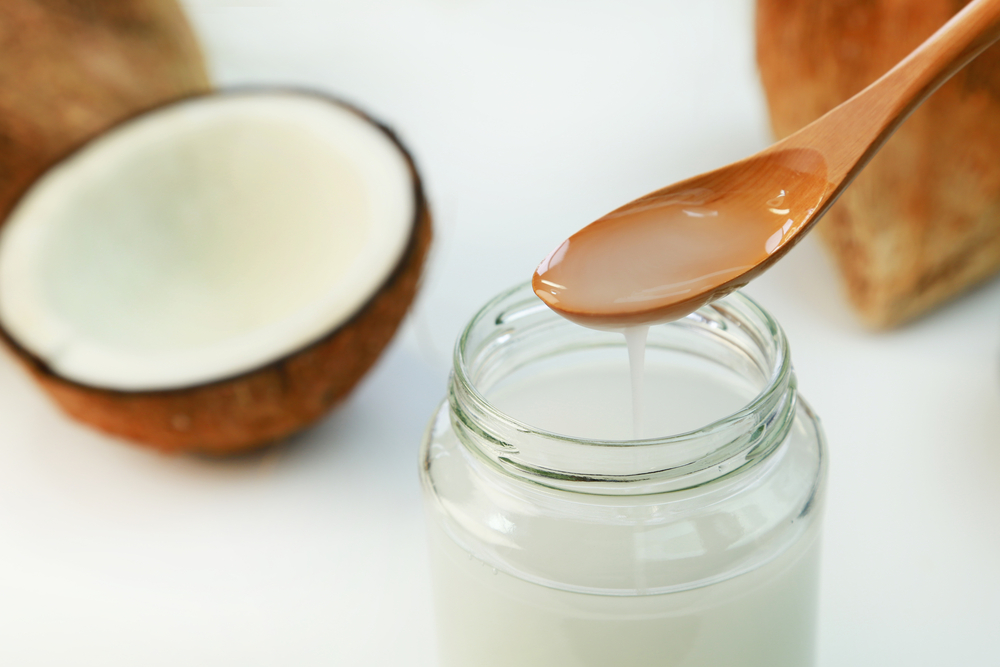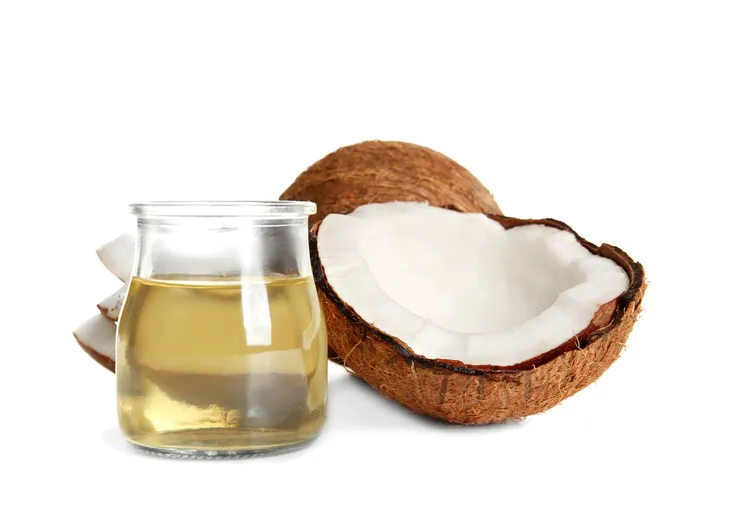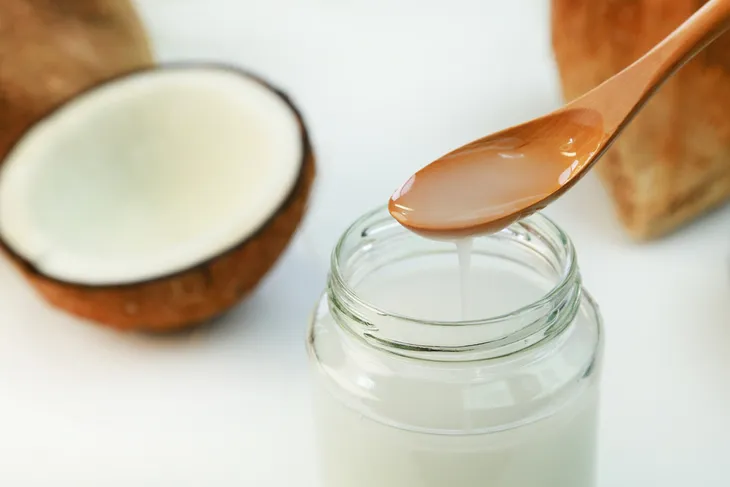You’ve likely heard a lot about coconut oil and it’s various health uses of late. Coconut oil is the edible oil retrieved from matured coconuts. It’s used for food and medicine as well as for industrial purposes. However, a lot of controversy focuses on coconut oil as a food, even though many folks swear by it for promoting weight loss, treating Alzheimer’s disease, and more.
Let’s examine the good and bad of coconut oil in a nutshell (or rather in a coconut shell) to help you determine if it’s worth buying…
Miracle Weight Loss Food?
Let’s start with coconut oil as food. Perform a simple Internet search and you’ll find that while many sources dub coconut oil a miracle food—others condemn it for all sorts of reasons—from debunking studies that reveal it’s high saturated fat content.
Is coconut oil the next superfood that will solve all of your problems? Unfortunately, despite what you’ve heard, no, it’s not. Don’t get me wrong—while coconut oil has been touted for aiding weight loss efforts—there is zero scientific evidence to back up that claim.
Treatment of Diabetes and Alzheimer’s Disease
The same lack of scientific evidence exists when it comes to claims that coconut oil is effective in the treatment of Alzheimer’s disease—mainly due to the medium chain triglycerides within. Again, there have been no human studies to suggest this claim is true.
Other publications have suggested that coconut oil helps prevent and treat diabetes. The reasoning behind this claim is that the fats within help lower blood glucose levels. In the end, the verdict is still out on these claims too.
Saturated Fat Content
All right; so we’ve done the debunking. Let’s talk about the saturated fats in coconut oil. It should be no surprise that the oil was originally condemned by many health gurus, for containing a large amount of saturated fats—and we’re told that saturated fats are bad for us, right?
While it’s true that saturated fats increase bad (LDL) cholesterol—challenging studies, particularly one out of University of California, Berkeley, claim that the saturated fats in coconut oil aren’t as bad as saturated fats found elsewhere. This is because the fatty acid in coconut oil comes from lauric acid, which has been linked to raising good cholesterol (HDL) as well as bad cholesterol.
Coconut Oil vs. Cholesterol
When it comes to coconut oil and its effects on both good (HDL) and bad (LDL) cholesterol, a 2009 Brazilian study, which was published in the journal, Lipids, stands out among the rest.
For the study, researchers monitored the diets of young obese women who ate an ounce of coconut oil daily over a period of 12-weeks. All participants showed increases in both LDL and HDL cholesterol. However, their good (HDL) cholesterol improved significantly more. With this in mind, we suggest that consuming coconut oil is healthy—as long as it’s in moderation.
Coconut Oil Uses
So when it comes to food, coconut oil is best used to replace other oils as an alternative. For instance, those with dairy allergies or intolerances, may find coconut oil a friendly baking and cooking alternative compared to butter or dairy-based margarines.
As for other tasty uses—coconut oil can be blended into smoothies, baked into granola, and used as an oil for frying—as opposed to butter or lard.
Non-Food Uses
So maybe coconut oil isn’t the healthiest food choice, and perhaps you should mindfully consume this oil in moderation, as with other healthy type fats (i.e., olive oil, nut butter, etc.). However, coconut oil’s uses go far beyond food alone. This oil actually has some useful functions as a multipurpose medicinal substance.
For instance, coconut oil is often used as a moisturizer to soothe and prevent dry skin. In fact, many infuse this oil into soap, in chap sticks to help to moisturize lips, or use it as a massage oil, or sleek and shiny hair aid to help prevent protein loss and provide moisture retention.









